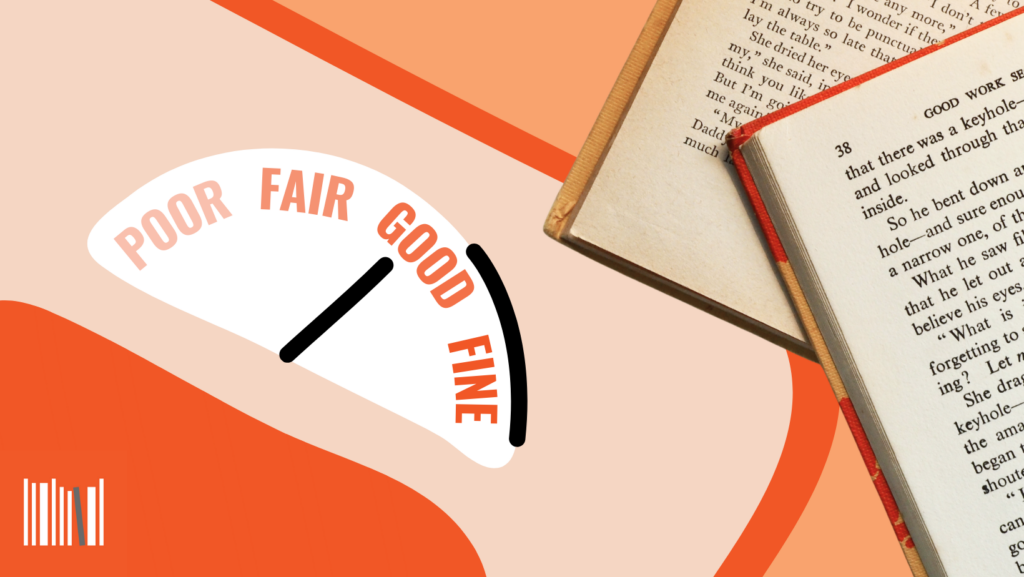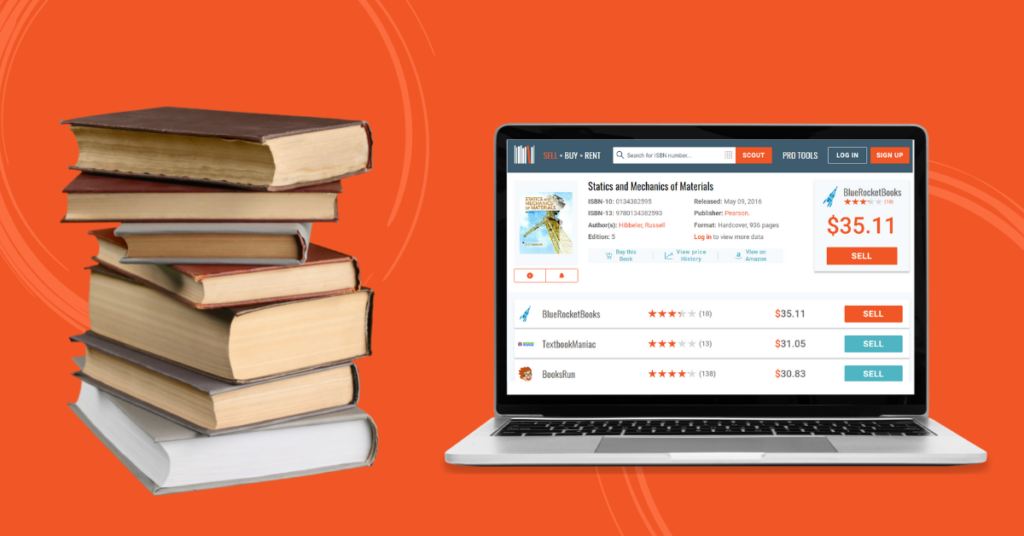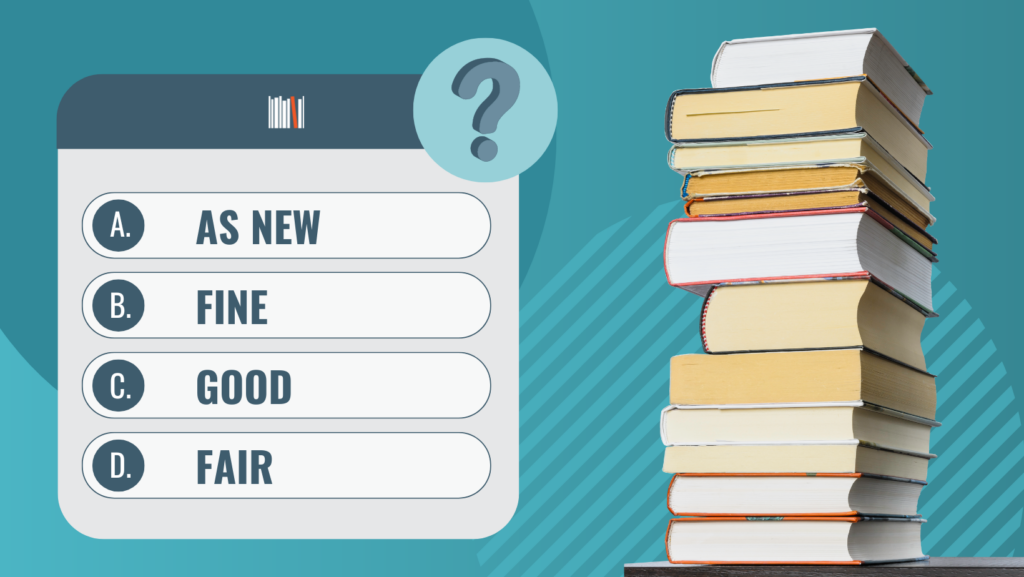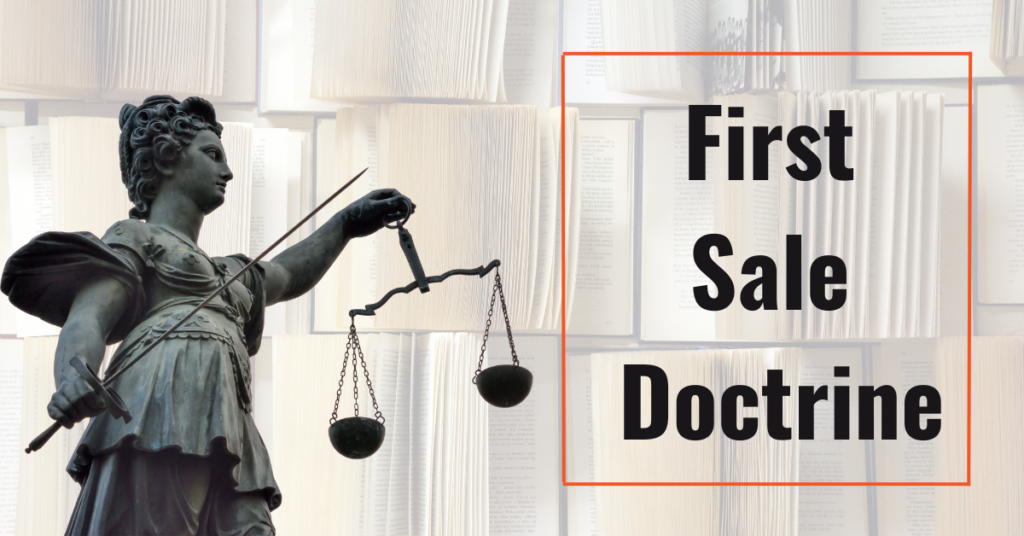
As the retail and e-commerce landscapes continue to grow and evolve, many entrepreneurs and online business enthusiasts are looking for ways to profit by reselling items. One of the easiest and low-budget strategies to make money by selling goods is to engage in retail arbitrage, which involves buying and reselling products for profit.





